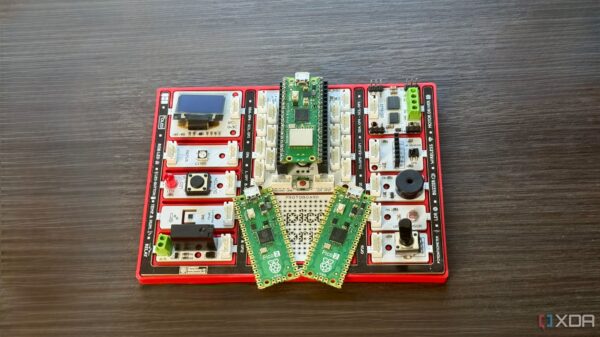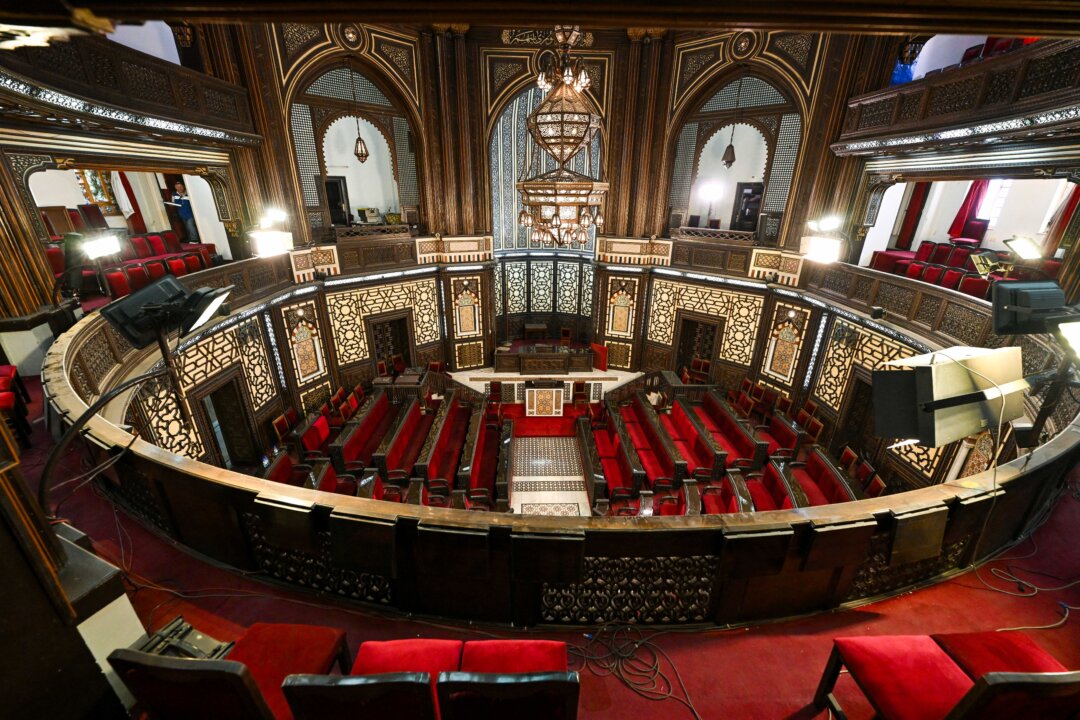Syria is set to conduct its first parliamentary elections since the removal of former leader Bashar al-Assad in a rebel offensive late last year. The elections, scheduled for October 5, 2023, will fill the 210-seat People’s Assembly and are expected to focus on significant reforms in the country’s long-standing economic policies and foreign relations.
Electoral Oversight and Structure
The electoral process is under the watch of an 11-member committee appointed by Ahmed al-Sharaa, Syria’s interim president, in June. This committee has been actively consulting with local communities to ensure a comprehensive approach to the elections. Following these consultations, regional sub-committees have been established to select members of regional electoral colleges, which will facilitate the voting process.
The elections come at a crucial time for Syria, as the new assembly will have the responsibility to enact legislation aimed at overhauling decades of state-controlled economic practices. It is anticipated that these reforms will open pathways for much-needed economic recovery and international partnerships.
The political landscape in Syria remains complex, and public sentiment towards the elections is varied. Many citizens are hopeful for change, while others express skepticism about the potential for genuine reform given the regime’s historical control over political processes.
Potential Impact on Foreign Relations
In addition to domestic reforms, the newly elected assembly will likely play a pivotal role in ratifying treaties that could redefine Syria’s position on the international stage. This could involve negotiations with various nations aimed at normalizing relations and rebuilding the economy, which has suffered immensely due to years of conflict.
The outcome of these elections could significantly influence Syria’s future direction in both domestic and foreign policy. As the international community watches closely, the focus will be on whether this election marks a true shift towards a more representative governance model or if it merely serves to consolidate power within the existing regime.
As the date approaches, discussions surrounding the legitimacy and transparency of the electoral process continue. It remains to be seen how these elections will unfold and what implications they may have for the citizens of Syria and the broader geopolitical landscape.







































































